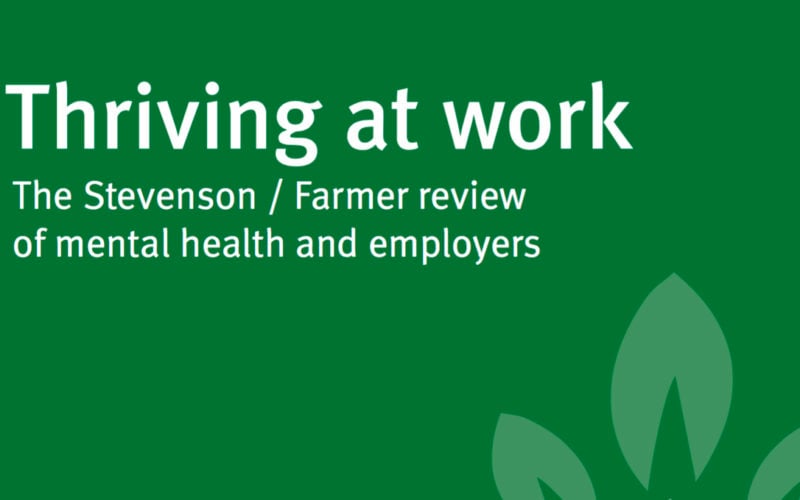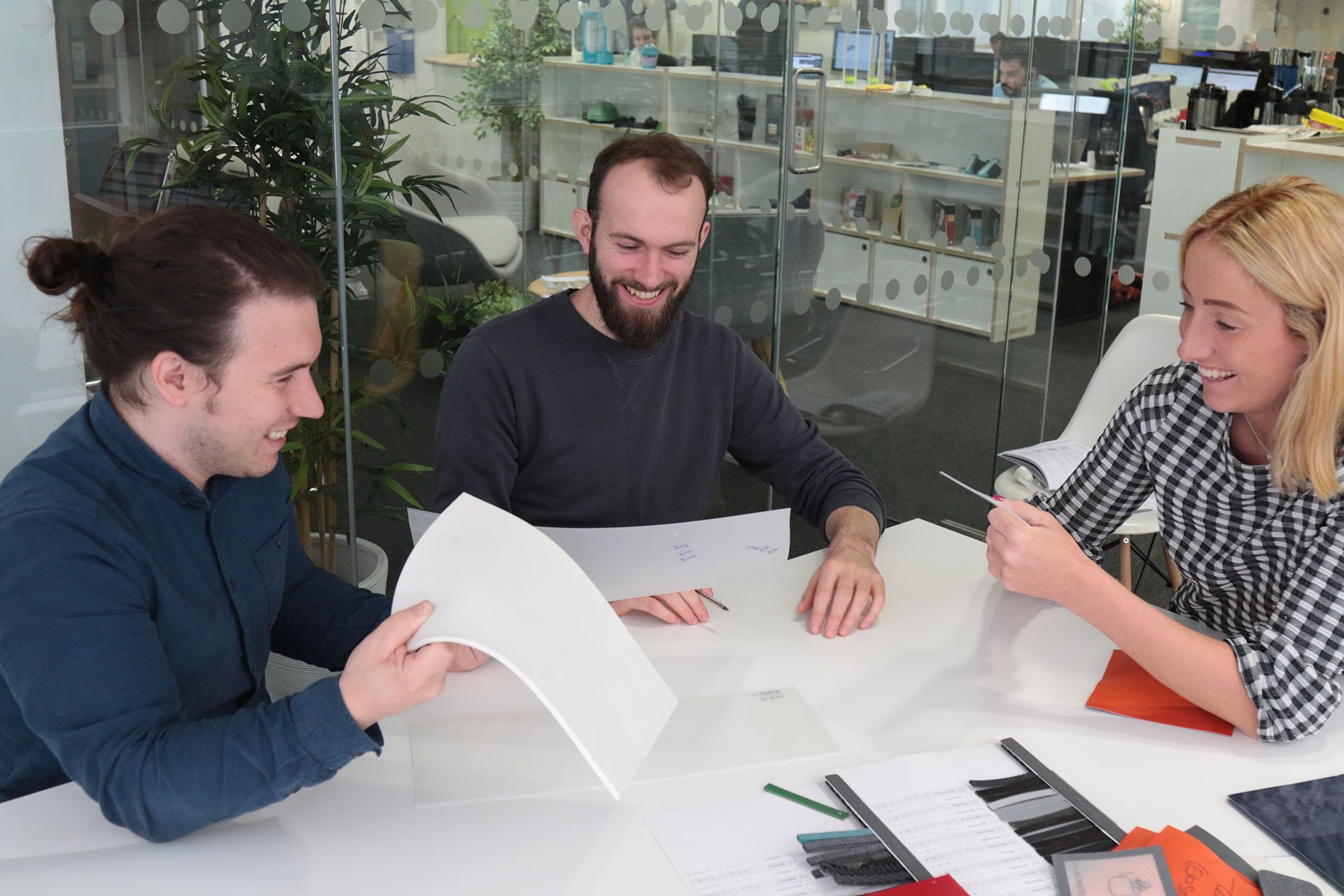As the Glasgow office manager at Safehinge Primera, part of my role involves overseeing various aspects of employment including employee relations, employment standards and payroll. So naturally, part of this means overseeing staff wellbeing and ensuring that we, as a company, are continuously promoting positive Mental Health in the workplace –a hot topic for many businesses just now.
A recent ‘Thriving at work’ report commissioned by the Government states that around 300,000 people with long-term Mental Health challenges lose their job each year, with the number of people forced to stop work because of Mental Health problems 50% higher than those with physical conditions.

Whilst the challenge was bigger than Farmer and co-author, Mental Health campaigner and former HBOS chair, Dennis Stevenson envisioned, they believe that with action, dramatic changes could be achieved over the next 10 years to better support those suffering mental illness.
Providing necessary support in the workplace
Having carried out my role for over 10 years now, I’ve built an understanding of the need to develop an inclusive and open culture that supports all of its staff members – without the positive and motivated team we have at Safehinge Primera, we wouldn’t have been able to achieve half of what we have over the past decade.
So what can you do to support your employee's wellbeing?
1. Encourage employees to talk about their concerns
Extend an ‘open door approach’ to encourage your employees to talk about Mental Health concerns in the workplace and allow them any necessary time off to seek advice from charities and care providers. Once employees have this discussion with you, it can’t be ‘unsaid’ so make sure that you make them feel secure and safe in disclosing their Mental Health problems.
Because we have offices in Glasgow and Blackpool, as well as a field-based team distributed across the UK, I don’t get the chance to see over half of the team on a regular basis. Despite this, I keep in regular contact with the team, giving me the chance to monitor their mental wellbeing.
Often, this means extending work-based telephone calls with the sales team to discuss out-of-work topics

2. Encourage employees to switch off from work
One of the biggest issues facing employees in relation to their mental wellbeing is the inability to switch off after work, with smartphones continually pinging with email notifications.
“Ensure your employees have time to switch off from work”, says Gillian Conor, Head of Policy Partnerships at the charity Rethink Mental Illness. “Whether that’s going out for a lunchtime walk, leaving on time, or not taking work home”.
This is something that we’ve often struggled with. As part of such a fast-growing company, filled with motivated and committed individuals, it’s simply not feasible to constrain working hours between 9am-5pm.
Instead, we work hard to increase awareness of the need for positive Mental Health throughout the company, encouraging individuals to adopt a much more flexible working practice that meets their individual needs. For some, this means starting work later so that they can do the morning school run, whilst others may go for a run at lunchtime or finish earlier and work from home later that night.
Admittedly, we are far from perfect in this area, but through adopting a more realistic approach that aligns more closely with our company’s culture, and encouraging employees to organise their work-life balance in a way that suits them, we’re working hard to ensure employees switch off from work in one way or another.

As you can see, supporting our employees and promoting their positive Mental Health wellbeing plays a significant role in our workplace. By putting ourselves at the frontier of addressing these challenges, we’re working to increase awareness and provide the necessary support that our employees may need. That’s not to say that all our staff show up every day with a smile from ear to ear, but instead, they know they can speak to us and be sure that we’ll do all that we can to help.
And whilst we haven’t necessarily perfected positive wellbeing in the workplace, our culture of openness and involvement helps to ensure that our staff prioritise their own Mental Health – something we’ll continue to support.
If you’d like more information, I’ve put two links below to charities who can help:
https://www.time-to-change.org.uk/
https://www.mind.org.uk





